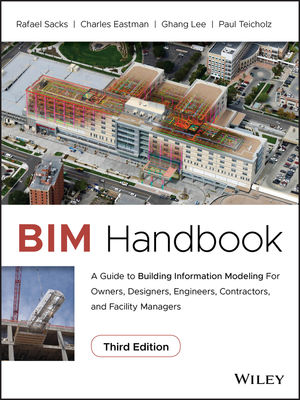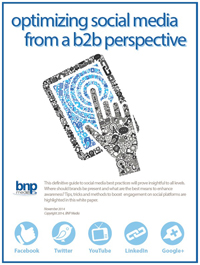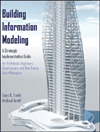The COVID-19 pandemic has significantly changed nearly every aspect of our personal and professional lives. Recently, we approached the members of Engineered Systems’ advisory board and asked them to provide an update on the status of their firms and share their thoughts on what the future holds.
Engineered Systems: What is your general outlook regarding the pandemic?
Chuck Dale-Derks, P.E., LEED AP, principal and mechanical engineer, McClure Engineering: Project revenues are flowing well, and receivables remain the same. Some projects have been delayed or cancelled, but most are on track or experiencing only slight delays. Hospital work has almost halted — those facilities simply can’t deal with any more challenges.
Paul Ehrlich, founder and president, Building Intelligence Group: I think the COVID-19 pandemic is going to cause us to seriously consider how we design, operate, and use commercial building systems. There has been some very good work done by ASHRAE and others on this topic, which has resulted in a series of recommendations. They seem to be well-thought-out and documented; however, implementing them requires a great deal of caution and engineering rigor. They also will have a dramatic impact on energy usage, and owners are going to need to need to decide if they want to keep operating in this mode or return to a more energy-efficient mode of operation.
John Varley, P.E., HBDP, LEED AP BD+C, mechanical discipline manager, AAA Engineering Ltd: The threat from the pandemic seems to have lessened as we see a massive spike in positive cases and lower death rates while our health care system seems to be managing those with severe reactions in a much more effective manner than it did three months ago. It seems unlikely that the pandemic will overwhelm our health care system as we open up. Nevertheless, this experience has mobilized the country to find ways to mitigate the effects of future pandemics, which is a very positive trend for the future of the building sciences and the improvement of the built environment.
Ken Sinclair, editor, Automatedbuildings.com: We are optimistic the outcome will create needed change in industry.
Engineered Systems: Can you summarize how your firm has reacted to COVID-19? What one change has been the most significant?
Kevin Dickens, senior project manager, mission critical, Jacobs Engineering: We are all working from home and have been since March. Our plan is to continue working from home until there are at least 12 weeks of good numbers. Then, we will follow the appropriate social distancing and wellness protocols. When we go back, the firm will likely cut the number of seats, and more of us will be asked to permanently telecommute.
Howard McKew, president, BuildingSmartSoftware LLC: I’m a company of one, so sheltering-in-place is what I did. That said, I was helping a woman business enterprise (WBE) startup firm when the industry and economy shut down. Just when she was “seeing the light at the end of the tunnel,” she was forced to lay everyone off. In the long term, as that business owner started to bring back employees to her WBE firm, she was able to firmly assess who was going to be successful and who should not be brought back to the company. Aside from that, it will be business as usual for her, her company, and other firms not providing COVID-19 solutions.
Engineered Systems: Has your firm laid off employees?
Vincent Sakraida, senior mechanical engineer, PCI SKANSKA Inc.: No layoffs, but we’ve pursued strategic hires only. We do not anticipate future layoffs during a second wave, and our backlog of work is very extensive.
Dale-Derks: We are actually hiring. We’ve had two individuals retire and four leave for other adventures, but we’ve also hired an electrical engineer, a mechanical engineer, and two designers.
Engineered Systems: Do you anticipate more or fewer layoffs if/when a potential second wave emerges?
Varley: My firm is very small and has not reduced staff due to the pandemic. However, that may change if we can’t move our backlog to billable work-in-progress.
Dickens: Few, if any, have been laid off due to the pandemic. Our work is dominated by the federal sector, so as long as they continue to spend, we will continue to work. However, the downturn in the private sector will certainly lead to some adjustments in our workforce.







